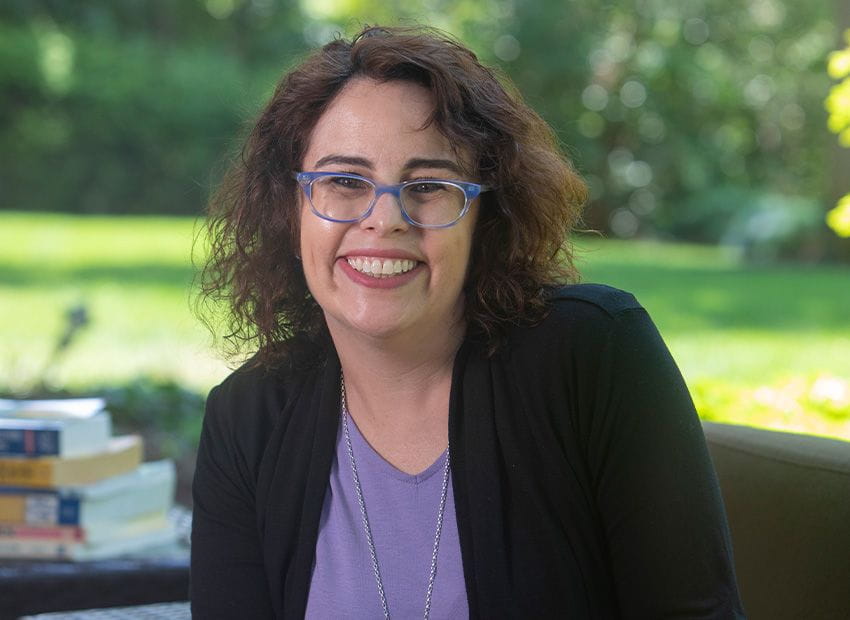The Secret about Women’s Colleges, Part II: Outside the Seven Sisters
The Seven Sisters, starting with the founding of Mt. Holyoke College in 1837, began as the female counterpart to elite colleges, which at the time were open only to men. The moniker was a reference to the Greek myth Pleiades. There is a constellation that bears this name as well. Students reading this blog have likely never heard of the term Seven Sisters, but to their elders, the term was synonymous with the best, most desirable schools in which females could obtain an education. While they might be the first of the women’s colleges, the Sisters in no way encapsulate all that women’s education has to offer. And, while many women’s colleges have merged with other schools and/or have become co-educational, the ones that remain continue to prepare leaders for their place in the world.
There is a specious argument that women’s colleges are no longer relevant as they have not kept up with the times. The opposite is true. The #MeToo movement provided an unexpected boost to the enrollments of women’s colleges, as did Hillary Clinton’s campaign for president. Colleges that have remained single sex have been nimble and forward-thinking in their outlook; the mission statement of each harkens not only to a robust history, but a vision for women in the increasingly interconnected world.
If you identify as female and are interested in a top-notch college education, here are a few places to start your search:
- Agnes Scott College in beautiful Decatur, Georgia, is home to just over one thousand “Scotties,” and is the alma mater of Kay Krill, the CEO of Ann, Inc., (the Ann Taylor brand). It is well worth a visit on its own or if you find yourself looking at Emory, University of Georgia, or Georgia Tech, all schools that enjoy cross registration with this historic college. In 2015, Agnes Scott launched its SUMMIT program, an individualized course of co-curricular and academic study, which prepares its students to be change agents in global society.
- Hollins College, now Hollins University, is Virginia’s first chartered women’s college and includes in its alumnae former United States Poet Laureate, Natasha Trethewey, and Ellen Malcom, the founder of political action committee, Emily’s List. In addition to its three-year accelerated Bachelor’s degree program, Hollins is known for its practical approach to the liberal arts. Through the Education through Skills and Perspectives (ESP) program, students engage in a utilitarian and relevant approach to core subjects that will benefit them beyond the classroom and into the workplace.
- Simmons University is the only women’s educational institution in the city of Boston. Once home to illustrious alumnae such as journalist Gwen Ifill, Simmons provides a place for women to learn from a diverse, dynamic group of on-campus peers, while also giving them the opportunity to engage with students in the classrooms of four other colleges in the Fenway Consortium. All Simmons students participate in internships, research projects, or fieldwork, and all first-year students receive financial assistance!
- Spelman College, a global leader in the education of women of African descent, and the alma mater of politician, attorney, and voting rights activist, Stacy Abrams, and Marion Wright Edelman, founder and president emerita of the Children’s Defense Fund. According to the National Science Foundation, Spelman is the leading producer of Black women who go on to receive doctorates in the sciences. Additionally, Spelman educates a higher number (43) of Gates Millennium Scholars than any other college or university in the country, and the College is annually recognized as one of the leading producers of Fulbright Fellowship winners.






